Angie's List and NextDoor's Favorite: 2017 -2024
Seven Common Plumbing Problems Associated with Older Homes
Purchasing an older home is appealing for many reasons, namely the appearance, the superiority of materials used in construction, and sometimes they cost less. However, the likelihood of something going horribly wrong with the plumbing is much higher than something built in the last 20 years. Below are some of the most common plumbing issues in older homes and how to avoid them.
1. Outdated Plumbing Fixtures
If you’ve got all original shut off valves, spigots, faucets, and handles in your home, you may want to consider getting them replaced before anything bad happens. Older fixtures are often made of more solid materials like metal and brass than their modern counterparts usually made of plastic or resin. However, those metal parts corrode with time and cause problems. For example, you may soon find yourself with a broken handle or a loose washer or a leaking valve. But, if you want to keep the vintage look, there are plenty of new products out there to fit your style while providing a fresh, perfectly intact fixture for your plumbing remodel.
2. Bad Repairs Over the Years
The older your home, the more likely it is that it’s had large scale plumbing repairs. Your plumbing goes as far as the plumbers that have worked on your home in the past. You’re at the mercy of whatever repairs have been done. With something particularly old, your house will have had multiple repairs by multiple plumbers and it’s impossible to know the amount of care your pipes got. It’s probably a good idea to have a good, experienced plumber come in when you buy an old house to diagnose any poor repairs that may have occurred.
3. Shifting or Broken Pipes
Sagging pipe or leaking pipes can become an issue, especially in old houses. Pipes buried underneath your house or encased in concrete slabs are at the mercy of an old home’s gradual movement over the years. It sounds scary, but it happens. If the pipes happen to shift downwards, they create a “belly in the line”, which is a negative slope in the plumbing that can restrict the flow of water or create pools that can end up accumulating waste. This can cause sewer clogs and plumbing stoppages if left for too long.
4. Galvanized Pipes
Commonly used for water lines in homes built before the 1960s, galvanized pipe is made of iron and coated with a layer of zinc. Over time, the zinc erodes, leaving the pipe very susceptible to corrosion and breakage. Although they can last as long as 60 years, most of them become clogged with rust long before then. Aging galvanized pipes become so brittle that they usually have to be broken apart to be removed and replaced. For this reason, they are usually replaced piecemeal in older homes, with the relatively intact pipes left in place.
5. Lead Service Lines
If your city uses lead service lines and you have galvanized piping, you might run into problems. A service line brings the water from the water main to your home, but if they’re being repaired, an influx of lead could appear in your water.
To avoid any water contamination, you should have a plumber examine your pipes and water to determine if there’s too much lead. You may have to install a water filtration system in old houses.
6. Polybutylene Piping
Polybutylene piping was an affordable type of piping used from the ’70s until the 90s but isn’t accepted by US building codes anymore. It reacts poorly with the oxidants in water and breaks down slowly over time, which has led to entire system failures in some homes. If you move into a home built during this time, it’s a good idea to have a plumber come in and check to see if these pipes are still installed. You may have to get your entire system replaced, if so. It’s better to do this now than to potentially cause large scale damage to your home and need your pipes replaced anyways.
7. Drain Issues
30+ years of scum, soap, and dirty water will take its toll on your home’s drains. Your toilet, as well as your kitchen and bathroom drains, are susceptible to clogging. When you buy an old home, you won’t know what’s been washed down the drains before you. If you notice any water backups in any of your sinks, a backed-up toilet, or any strange smells coming from anywhere, then you should contact a plumber such as best plumber near me Duncan Plumbing to check your drains. Odds are, there’s a build-up of debris that will need to be cleared in most old houses. We also offer camera inspection with some of the most sophisticated camera technology available.
Better To Be Safe Than Sorry
Buying an old house can have many benefits, but they have seen a lot over the years. So, you have to expect that there could be problems beneath the surface. When you move into an older home that you suspect might have some issues, it’s probably a good idea to get a quality plumber in to inspect your pipes, drains, and fixtures. An old house with a fully functioning plumbing system will surely become a very unique property!
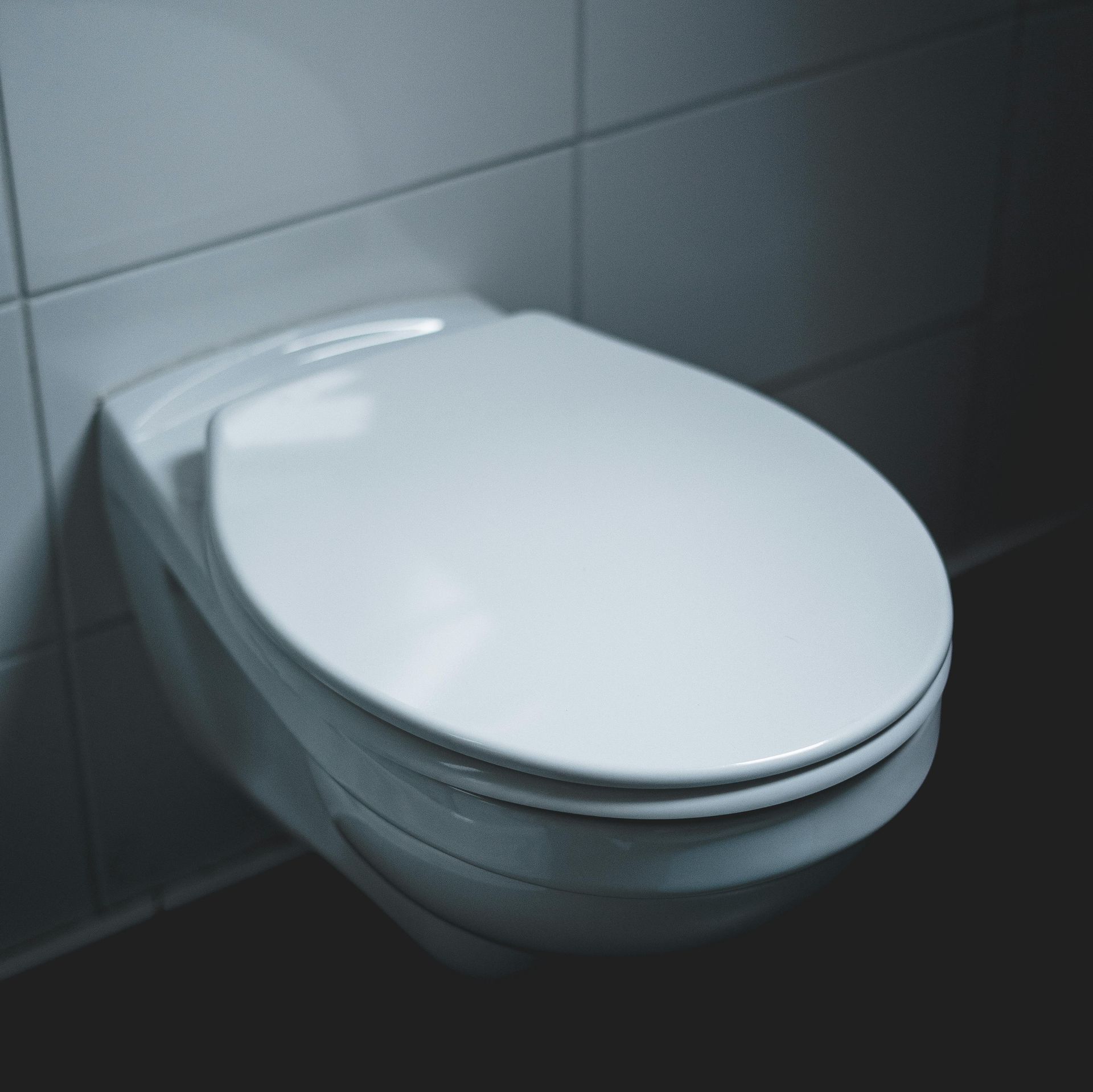
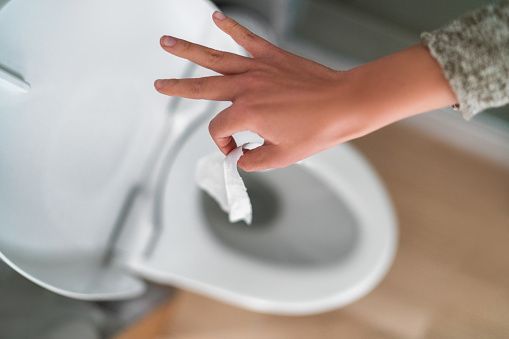
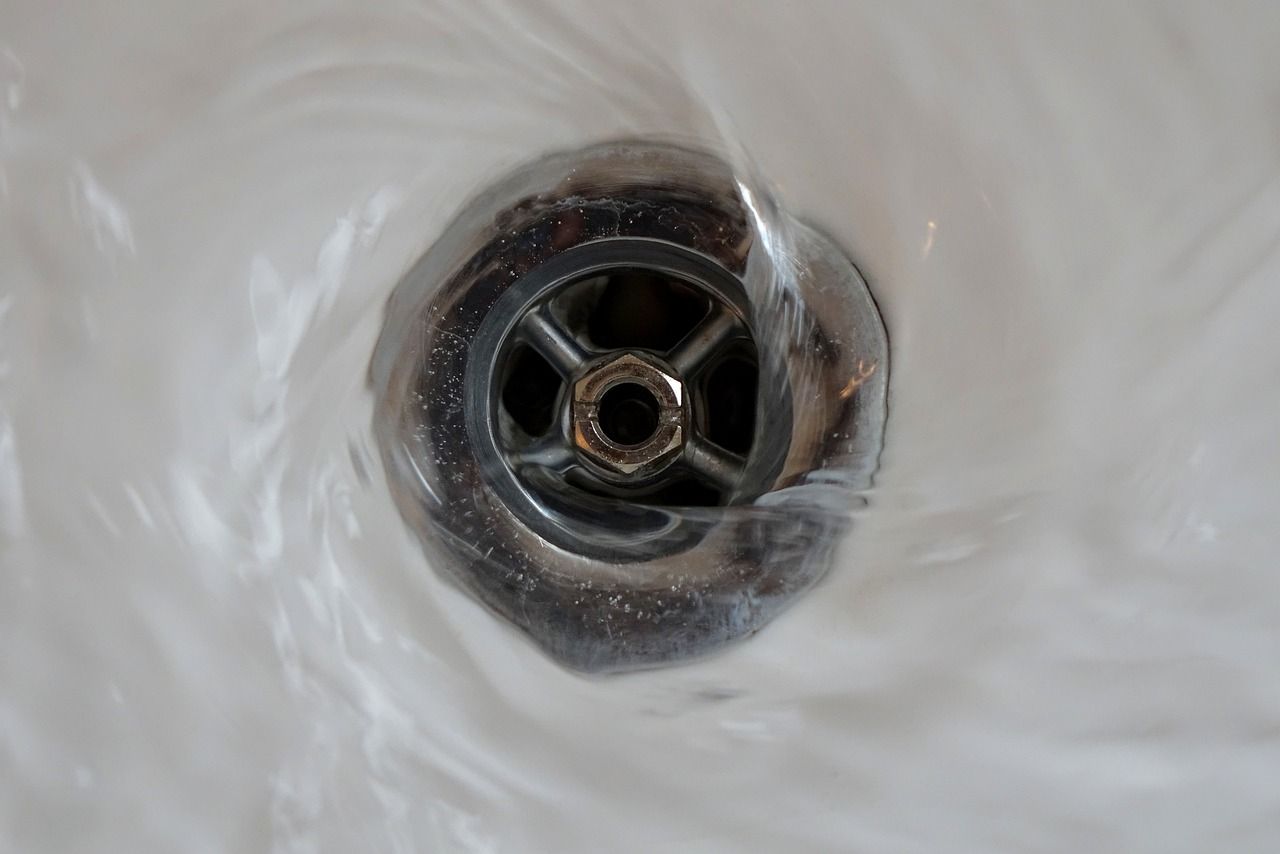
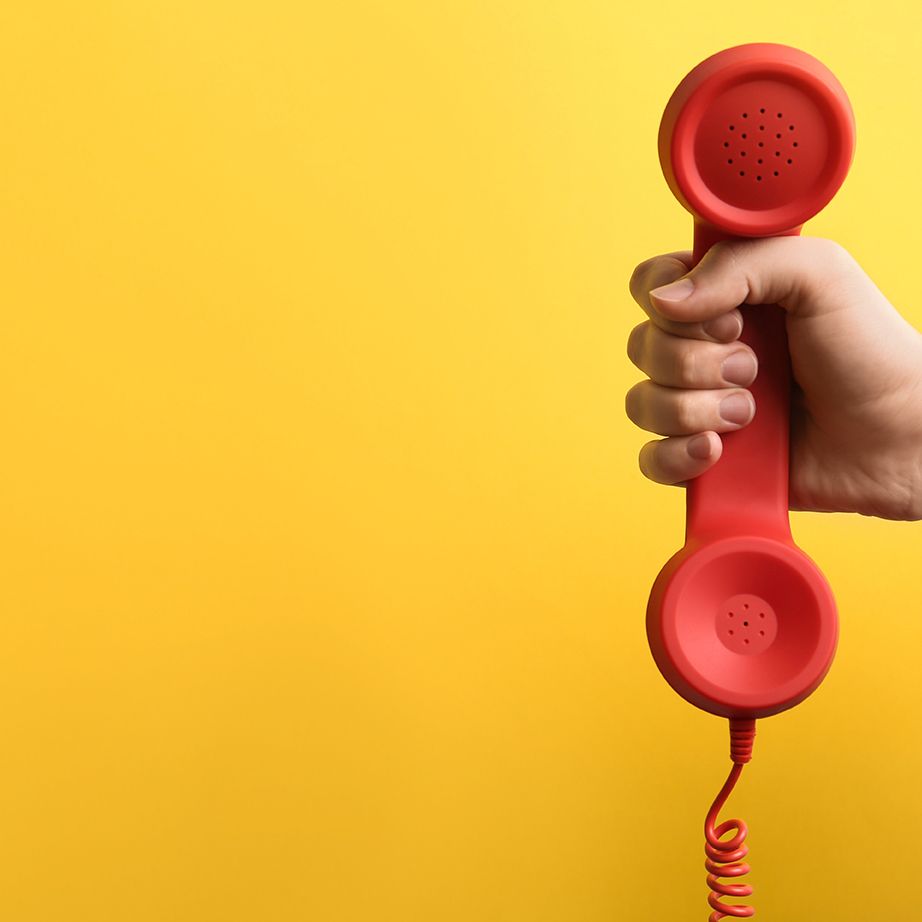
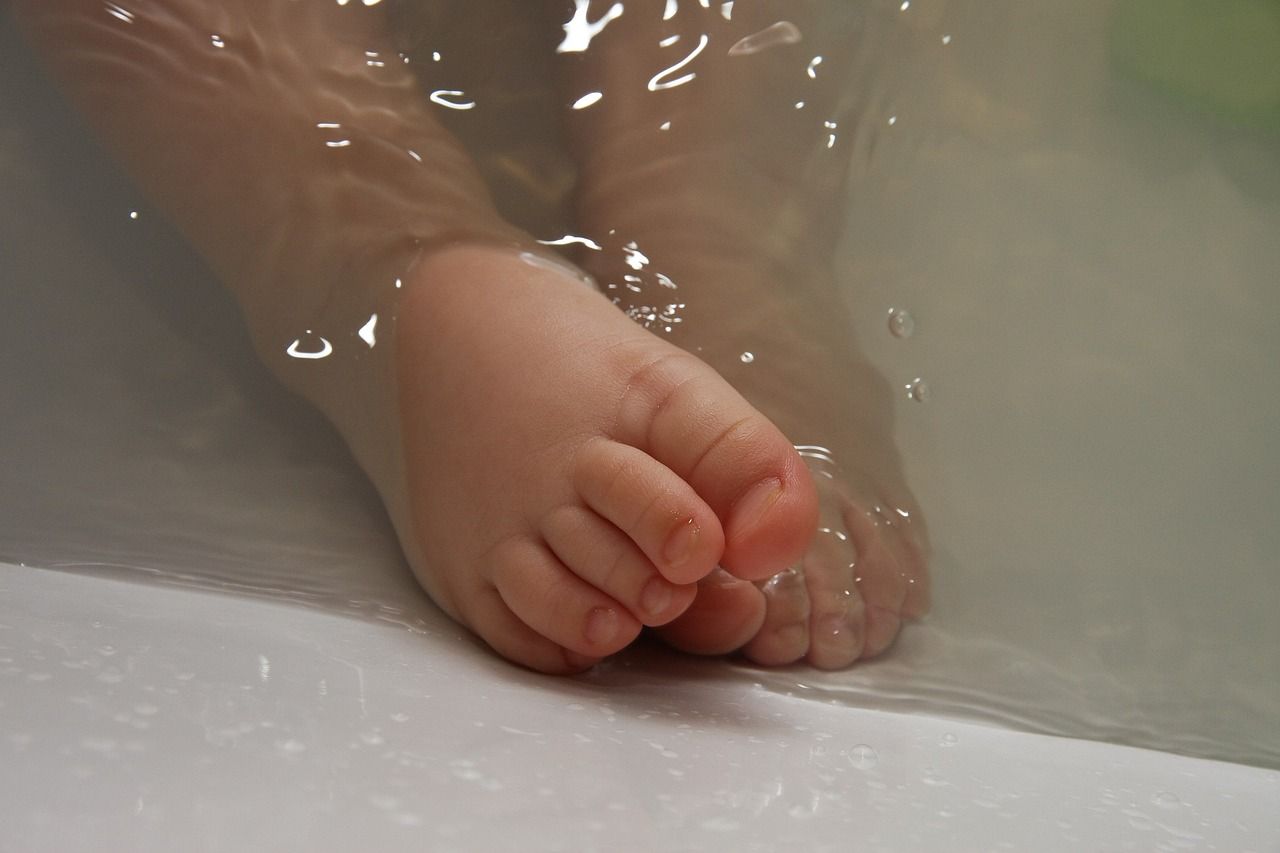

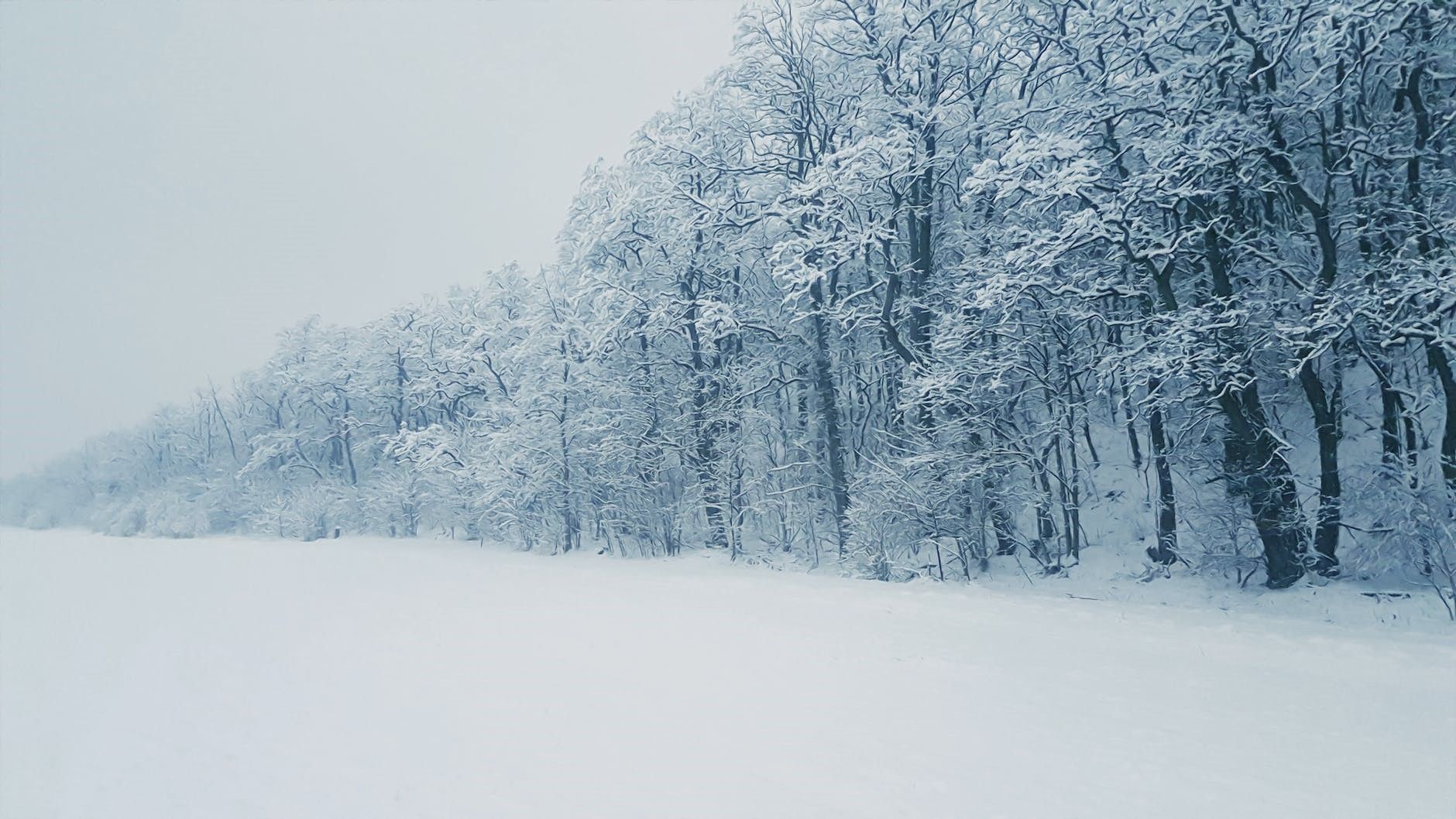
SERVING
and Surrounding Areas

HOURS
Hours:

CONTACT US
Master License # M-39624
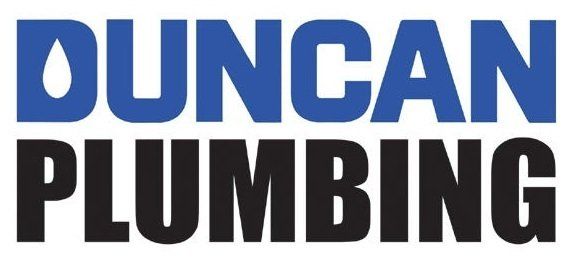

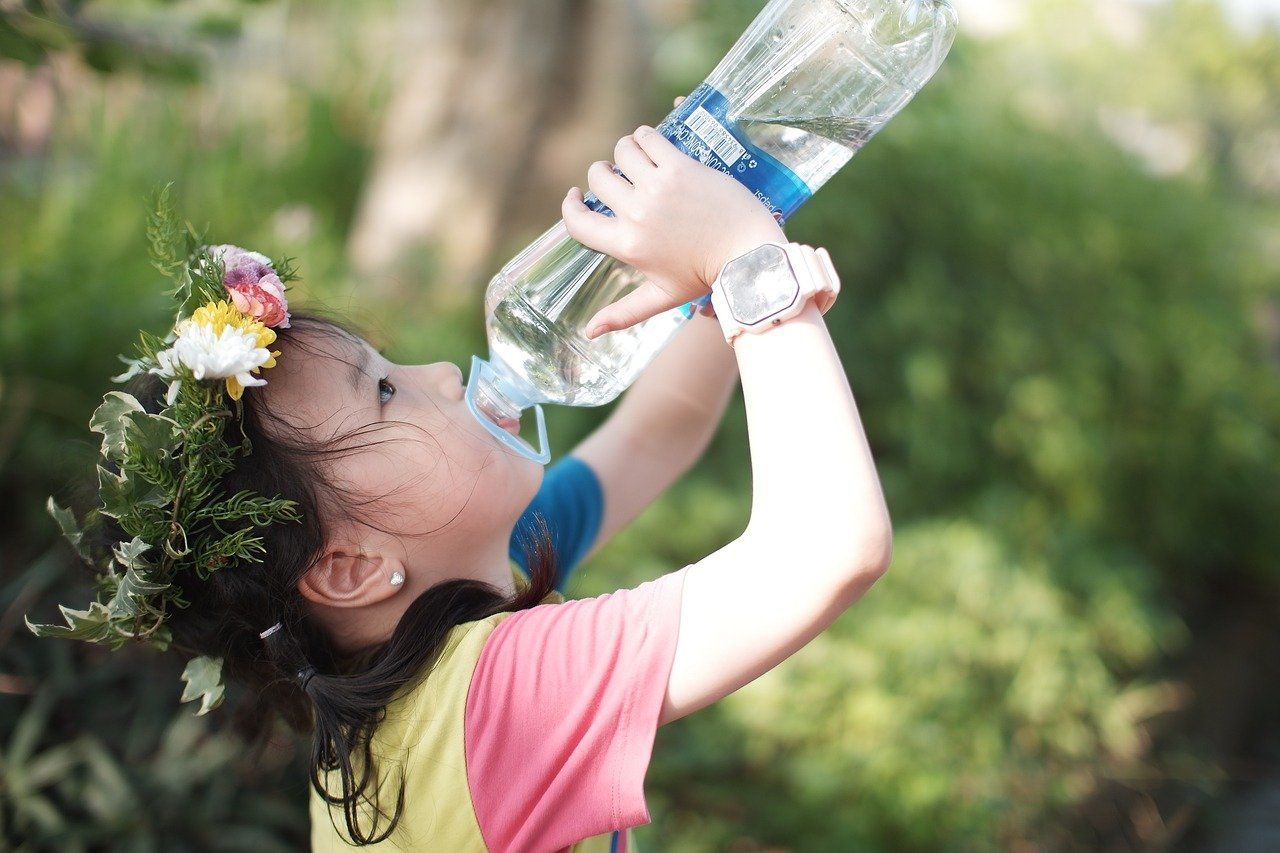



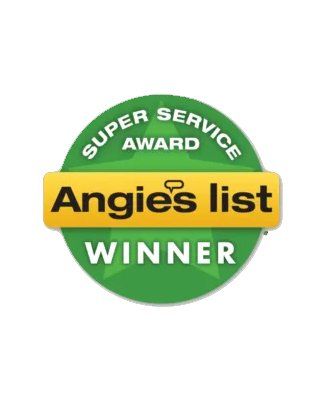
















Share On: